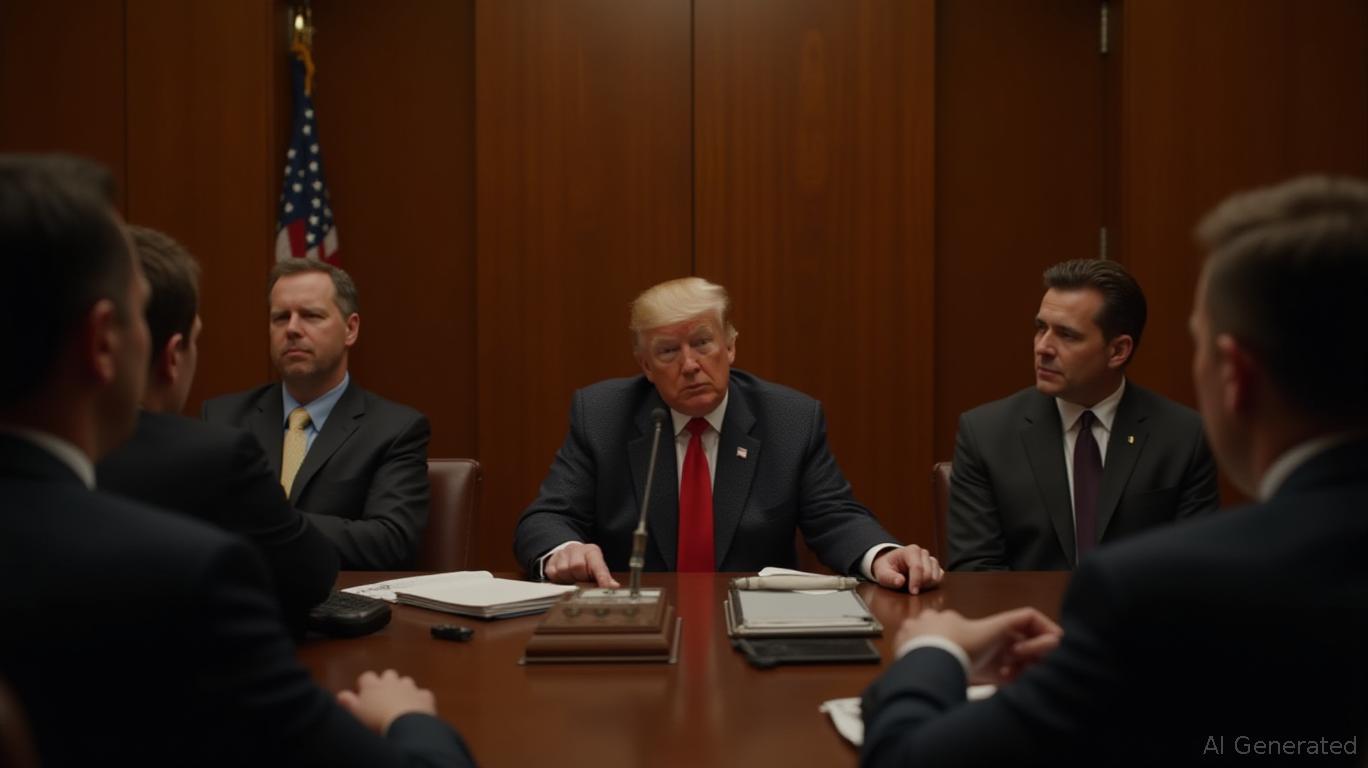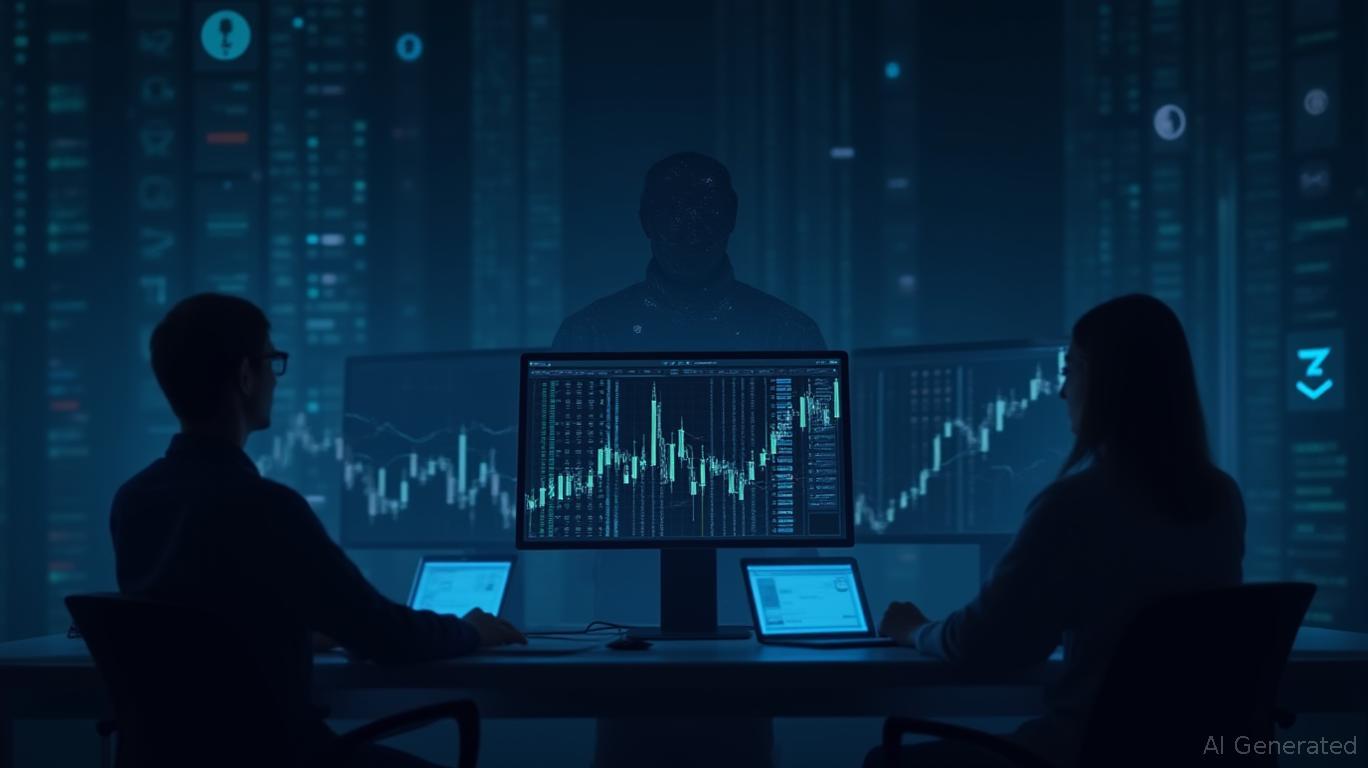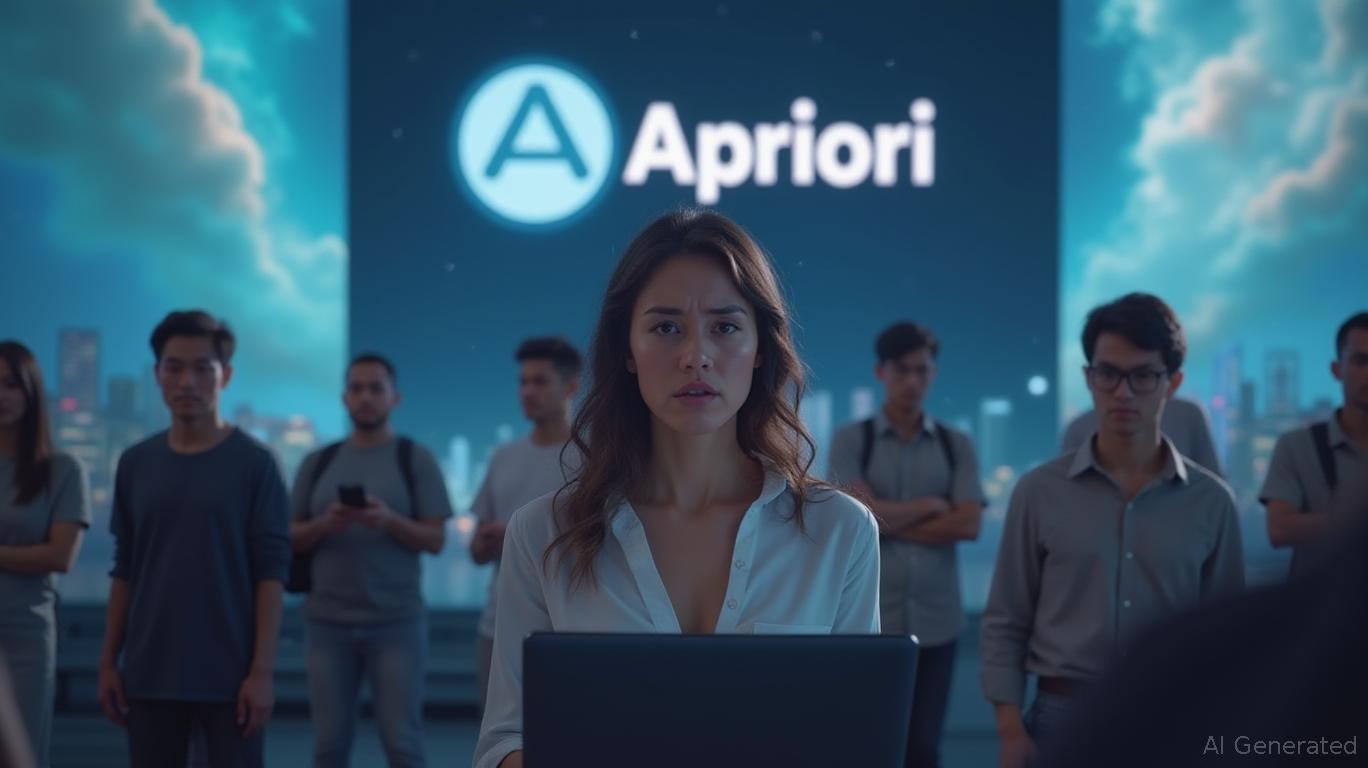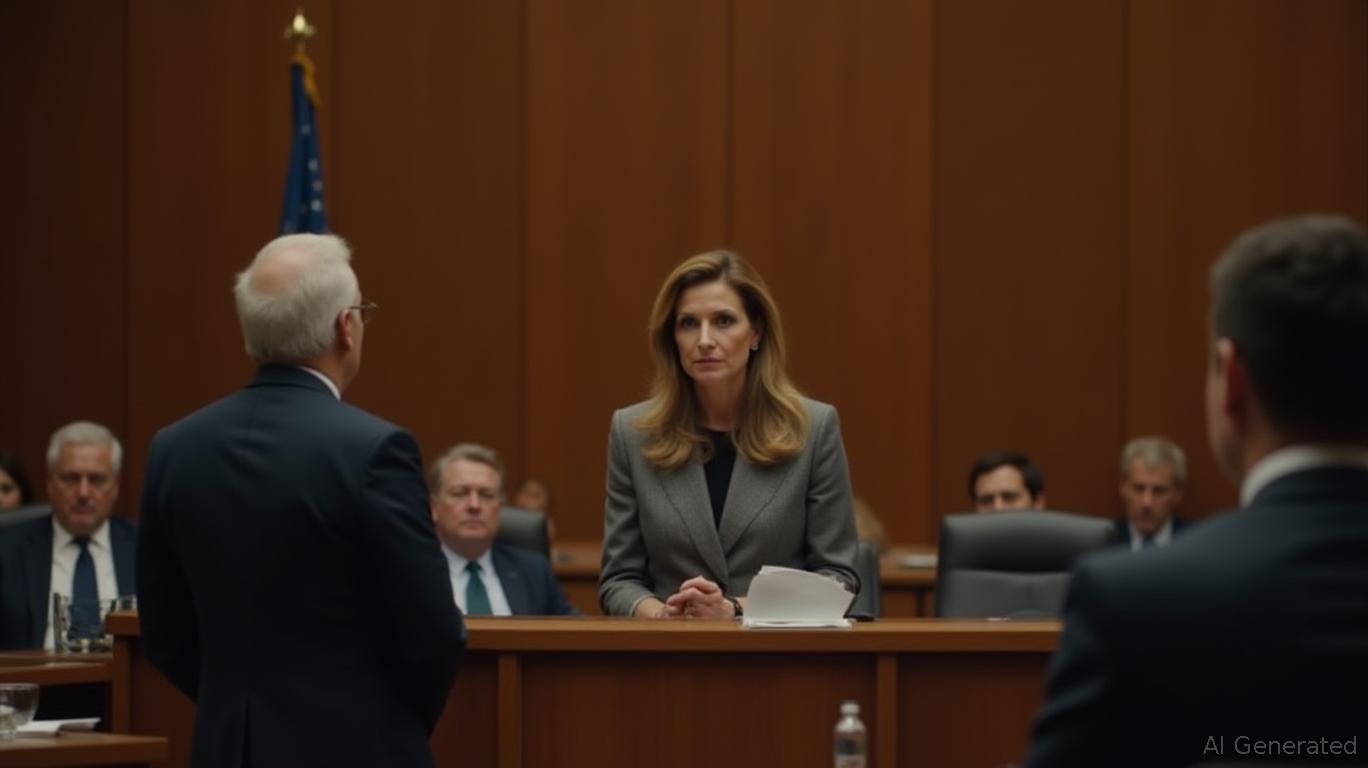Landmark IEEPA Lawsuit Questions President's Authority to Enact Wide-Ranging Tariffs
- U.S. Supreme Court will review Trump's IEEPA tariffs on November 5, testing presidential authority to impose broad import duties. - Lower courts ruled against tariffs, citing "major questions doctrine" requiring clear congressional authorization for policies of vast economic significance. - Case could redefine executive-legislative power balance, with $89B in collected tariffs at risk and potential financial burdens on importers/taxpayers. - Legal scholars warn IEEPA tariff authorization would create unc
The U.S. Supreme Court is scheduled to hear oral arguments on November 5 in a pivotal case that will examine President Donald Trump's power to enact broad tariffs under the International Emergency Economic Powers Act (IEEPA) of 1977, as reported by
The central question is whether Trump exceeded his legal powers by invoking IEEPA to levy tariffs—ranging from 10% to 50%—on imports from nearly every trading partner,

The implications are enormous. By September 2025, tariffs enacted under IEEPA are projected to have brought in $89 billion, helping to reduce the federal deficit and fund programs such as port fees for ships linked to China, according to
Constitutional experts and advocacy organizations have voiced concerns, pointing out that Article I of the Constitution gives Congress the authority to "lay and collect duties," a responsibility it has traditionally delegated to the executive only under certain circumstances, as reported by ABC News. The Brennan Center for Justice contends that permitting IEEPA to justify tariffs would amount to an "unconstitutional delegation" of legislative power, undermining checks on presidential authority. In contrast, the Trump administration argues that striking down the tariffs would weaken America’s leverage in international trade talks and embolden foreign rivals.
The possibility of Trump attending the hearing lends additional significance to the case. While previous presidents have participated in Supreme Court ceremonies or appeared as attorneys, none have sat in on oral arguments, the Japan Times notes. His attendance would highlight the personal importance of the case and could signal either the administration’s confidence or its sense of urgency as the justices deliberate. The Supreme Court’s ruling, anticipated by the end of the year, will ultimately decide whether the president’s tariff approach will be upheld or struck down amid legal and constitutional scrutiny.
Disclaimer: The content of this article solely reflects the author's opinion and does not represent the platform in any capacity. This article is not intended to serve as a reference for making investment decisions.
You may also like
Solana News Today: "While Zcash Surges, Ghostware Quietly Advances Scalable Solutions on Solana"
- Privacy-focused crypto tokens like $GHOST and $EYE gain traction amid market volatility, driven by demand for verifiable infrastructure and scalable solutions. - A major whale's $16.7M investment in $GHOST and GhostwareOS's Solana-based privacy modules highlight growing institutional confidence in the ecosystem. - Solana ETFs attract $421M in inflows, contrasting broader crypto outflows, while $EYE's renewable energy-AI hybrid model offers tangible asset-backed returns. - Zcash's 1,000% surge underscores

BNB News Today: Apriori Suffers 80% Token Loss, Raising Concerns Over Crypto Airdrop Security and Trust
- Apriori's BNB Chain airdrop lost 80% of tokens to a Sybil group via 5,800 interconnected wallets funded by 13 addresses. - The attack exploited pre-announcement timing and empty wallets, undermining trust in the project's fair distribution claims. - APR token price fell over 60% post-incident, mirroring similar Sybil exploits at MYX Finance and zkSync that siphoned millions. - Experts demand stronger anti-fraud measures like multi-factor checks as BNB Chain faces scrutiny over recent security lapses.

Pfizer Files Lawsuit Against Novo: Alleges Competitor Engaged in Antitrust Scheme to Dominate Obesity Market
- Pfizer sues Novo Nordisk and Metsera in Delaware courts, alleging anticompetitive tactics to block its $7.2B obesity drug acquisition. - Novo's $8.5B superior bid for Metsera's GLP-1 pipeline—valued at $5B peak sales—triggers legal claims over regulatory bypass and contract violations. - Pfizer leverages early FTC approval for its deal, seeking court orders to force a November 13 shareholder vote amid patent expiration threats. - The dispute highlights $150B obesity market stakes, with Novo defending its

Hidden Leverage and External Party Risks Lead to XUSD Downfall
- Stream Finance's XUSD stablecoin collapsed to $0.30, freezing $160M in user funds after a $93M loss linked to an external fund manager. - The crisis followed a $100M exploit at Balancer Protocol, amplifying DeFi market anxiety and triggering rapid fund withdrawals. - Stream's high-leverage model and hidden $520M TVL vs. $160M actual deposits raised red flags about risky third-party fund usage. - XUSD's collapse exposed DeFi vulnerabilities, reigniting debates on third-party risks and urging audits for pr
